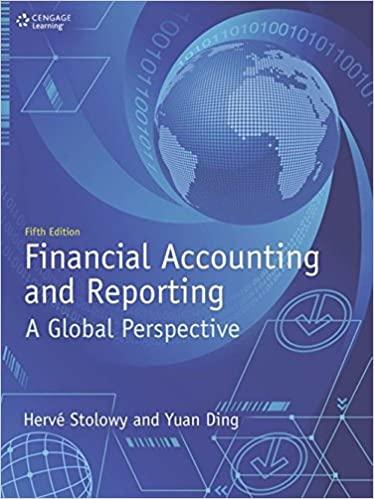Question
6 I. Sime Darby Plantation (80 points) Sime Darby Plantation is one of the worlds largest palm oil producers. The company produces approximately 5% of
6
I. Sime Darby Plantation (80 points)
Sime Darby Plantation is one of the worlds largest palm oil producers. The company produces approximately 5% of the worlds crude palm oil output annually, of which about 97% are Certified Sustainable Palm Oil (Sime Darby Website). Sime Darbys main mill, located on Carey Island in Malaysia converts palm fruit into palm oil.
The Carey Island mill uses standard costing with absorption costing and closes all variances directly to Cost of Goods Sold at the end of each month. The Carey Island mill is viewed as a single department, in which raw material (palm fruit) is added at the start of the period. Labor and overhead are added during the production process, with the early part of the process being very labor-intensive, while the later part is more automated. As a result of this difference, work in process inventory will typically have a higher percentage completed with respect to labor than it has with respect to overhead. Labor is a variable cost. All overhead is fixed overhead, and is allocated based on kilograms of finished product.
The mills annual budget estimated production of 3 billion (3,000,000,000) kg of palm oil. It was expected that each kg of palm oil produced would require 4 kg of palm fruit (note that this can vary in practice due to the quality of the inputs and the efficiency of the process). The budgeted costs for the year were:
Palm fruit: $ 360,000,000
Labor: 120,000,000 (based on 15,000,000 labor hours for the year)
Fixed overhead: 600,000,000
$1,080,000,000
The budget assumes that there will be no ending inventory of any kind, and assumes that production levels, efficiencies and costs would remain constant during the year.
At the start of July, Carey Island had no inventory. During the month of July, Carey Island completed 200 million kg of palm oil. 180 million kg of these were sold, and 20 million kg remained in finished goods inventory. In addition, Carey Island began an additional 40 million kg during July, but this is only 60% complete with respect to labor and 20% complete with respect to overhead as of the end of the month. Actual costs incurred during July were:
Palm Fruit $24,000,000 (Using 1,200,000,000 kg of fruit)
Labor 7,200,000 (Each labor hour actually produced 280 kg of oil)
Fixed overhead 52,000,000
Total Costs $83,200,000
6. The sum of the four variances computed in parts 1-4 above DOES NOT equal the difference between Carey Islands actual cost and their flexible budget (i.e., it DOES NOT equal the flexible budget variance). Briefly explain why not (2-3 sentences). It is sufficient to point out which variances should be included or excluded in order to arrive at the correct total. (15 points)
Step by Step Solution
There are 3 Steps involved in it
Step: 1

Get Instant Access to Expert-Tailored Solutions
See step-by-step solutions with expert insights and AI powered tools for academic success
Step: 2

Step: 3

Ace Your Homework with AI
Get the answers you need in no time with our AI-driven, step-by-step assistance
Get Started


